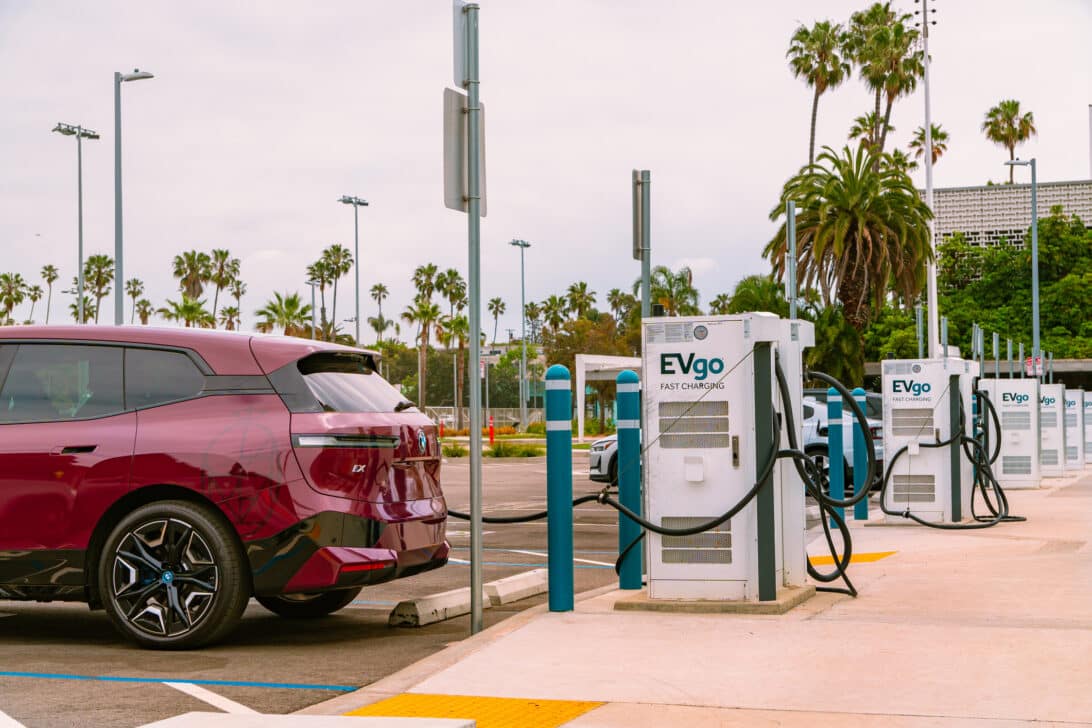Scientists at Edinburgh University have developed an innovative home heating system that harnesses energy from water sources such as sea water, rivers, ponds, and mine water. This system uses the same technology as air and ground source heat pumps, so it could be used in homes and businesses in areas with good water access.
It is currently being trialed in various locations in Scotland. These include an affordable housing project near the Firth of Forth, the Warnlockhead lead-mining museum in south-west Scotland, and a commercial greenhouse in Fife. Another system is planned for the Scottish Seabird Centre in North Berwick.
The technology, named SeaWarm and RiverWarm, captures the ambient warmth in water using glycol, an anti-freeze liquid, which is then compressed in a heat pump to generate heat for radiators and water. The system can even use frozen water.
The equipment is designed to be compact and portable for use in homes and smaller buildings, especially in rural and coastal areas. It is aimed at providing an efficient small-scale green energy alternative to gas and oil-powered heating systems as the UK moves towards a zero-carbon energy supply.
The system’s predictability and efficiency are highlighted, as bodies of water generally remain at a consistent temperature. The prototypes are claimed to be more expensive than air source heat pumps but cheaper than ground source heat pumps, offering substantial efficiency by delivering 350% to 400% more heat than the electricity needed to operate them.
Subscribe
Sign-up to receive our newsletter





